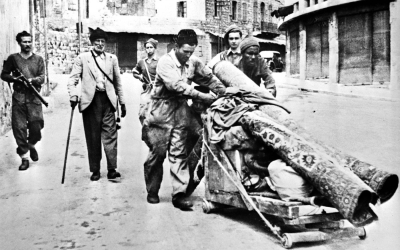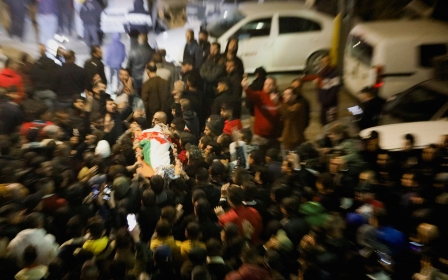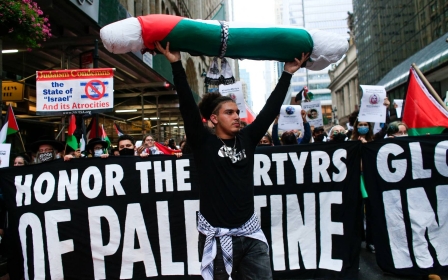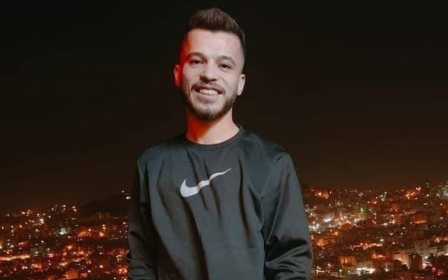West Bank: Palestinian villagers vote in municipal elections
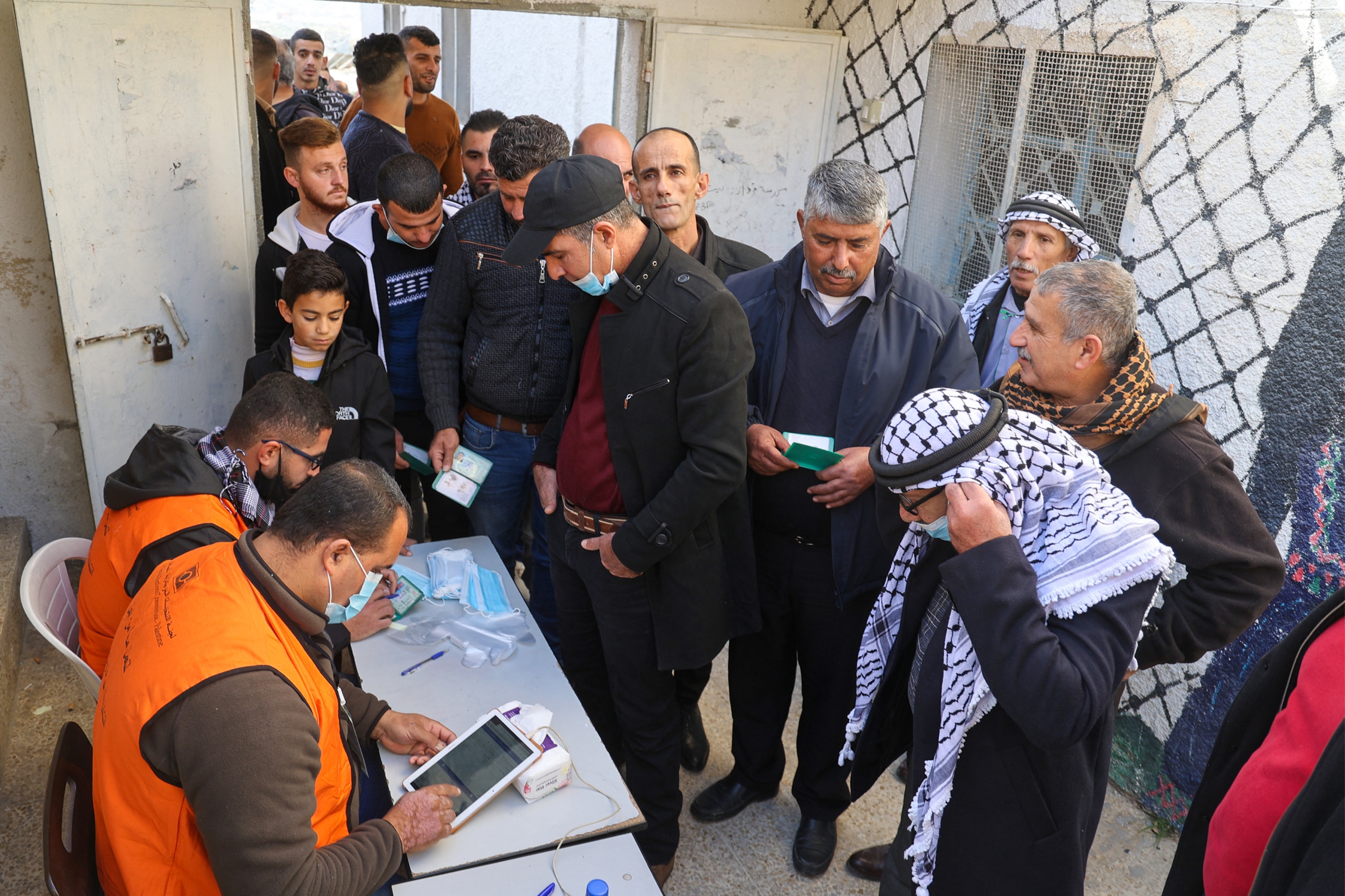
Palestinian villagers in the occupied West Bank have voted in local elections on Saturday amid growing dissatisfaction over the rule of President Mahmoud Abbas and a boycott by Hamas.
No legislative or presidential election has been held in the Palestinian territories for 15 years, while the last municipal vote - also boycotted by Hamas - took place in 2017.
Hamas, who rule the besieged Gaza Strip, announced their opposition to the polls after the Palestinian Authority announced their decision to indefinitely delay presidential and parliamentary elections earlier this year.
Of the 367 villages in the West Bank, 60 had no candidates standing and another 162 had a single list, leaving only 154 villages actually voting on Saturday.
The spokesman for the Palestinian Central Elections Commission, Fareed Taam Allah, told AFP that polling stations had opened in all villages scheduled to hold votes on Saturday.
New MEE newsletter: Jerusalem Dispatch
Sign up to get the latest insights and analysis on Israel-Palestine, alongside Turkey Unpacked and other MEE newsletters
Polling stations closed at 7pm local time with nearly 65 percent of the 405,000 eligible voters casting ballots, according to the elections committee.
The municipal vote - the first of two stages, with cities and towns due to vote in March 2022 - is widely considered inconsequential, with most candidates running as independents and Hamas not taking part.
'Politically unimportant'
Political analyst Jihad Harb told AFP the elections were "politically unimportant because they are taking place in villages and not the big cities" yet, and are "futile" in the absence of Hamas.
Hamas had been poised to sweep the parliamentary election scheduled for May, which was widely seen as the real reason for Abbas's 11th-hour postponement of the poll, citing Israel's refusal to allow voting in annexed east Jerusalem.
Abbas's presidential term was supposed to end in 2009.
Hamas and Fatah - a secular party led by 86-year-old Abbas - have been at loggerheads for years despite repeated attempts at reconciliation.
In the last parliamentary elections held by the Palestinians in 2006, Hamas swept up the majority of the votes.
While international observers considered the elections "competitive and genuinely democratic" and the EU initially approved the outcome, international recognition of the Hamas victory was short-lived.
The EU later followed the US and Israel in labelling Hamas a terrorist group.
Following a short civil war with Fatah, Hamas took full control of Gaza in 2007.
Middle East Eye delivers independent and unrivalled coverage and analysis of the Middle East, North Africa and beyond. To learn more about republishing this content and the associated fees, please fill out this form. More about MEE can be found here.


